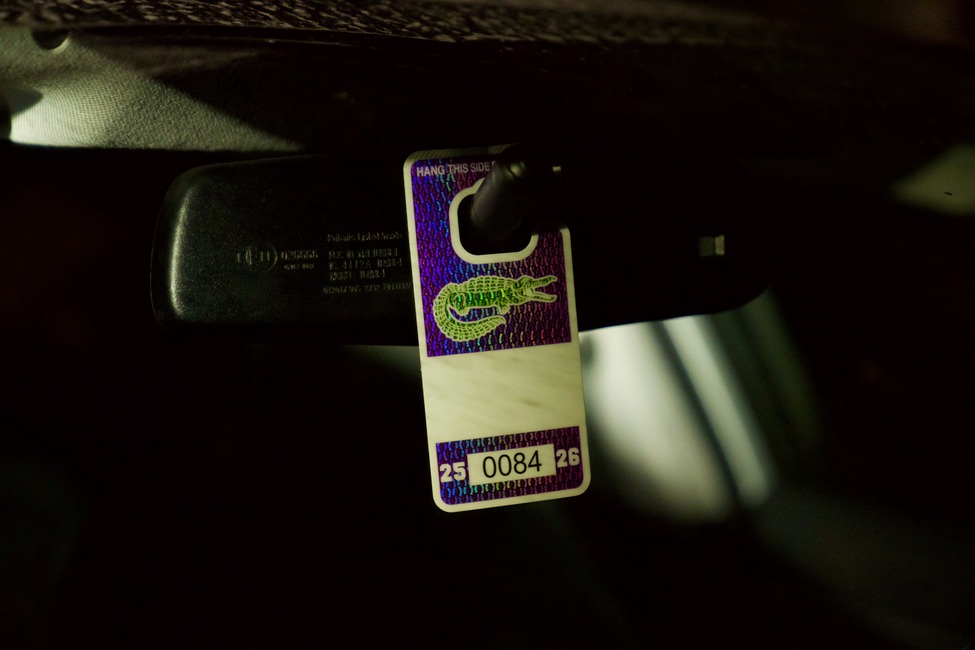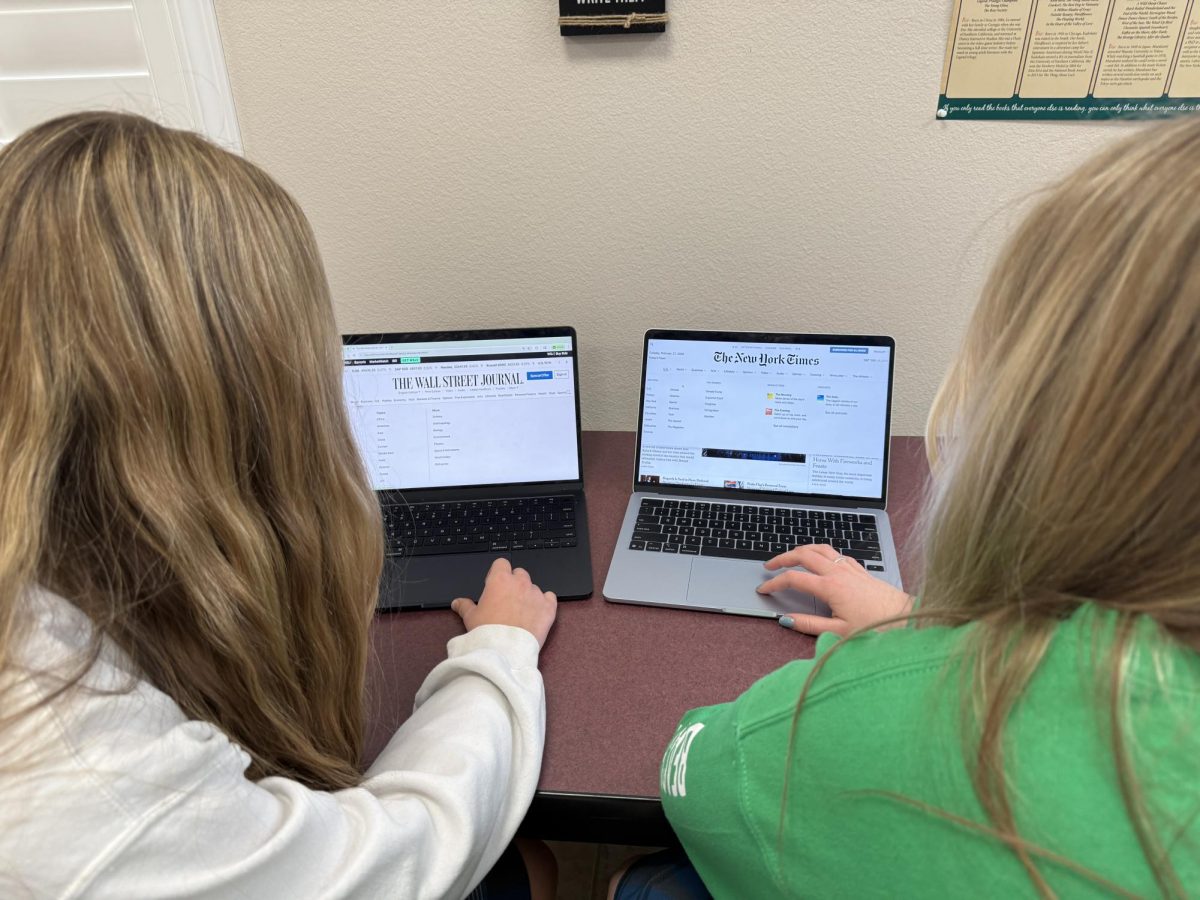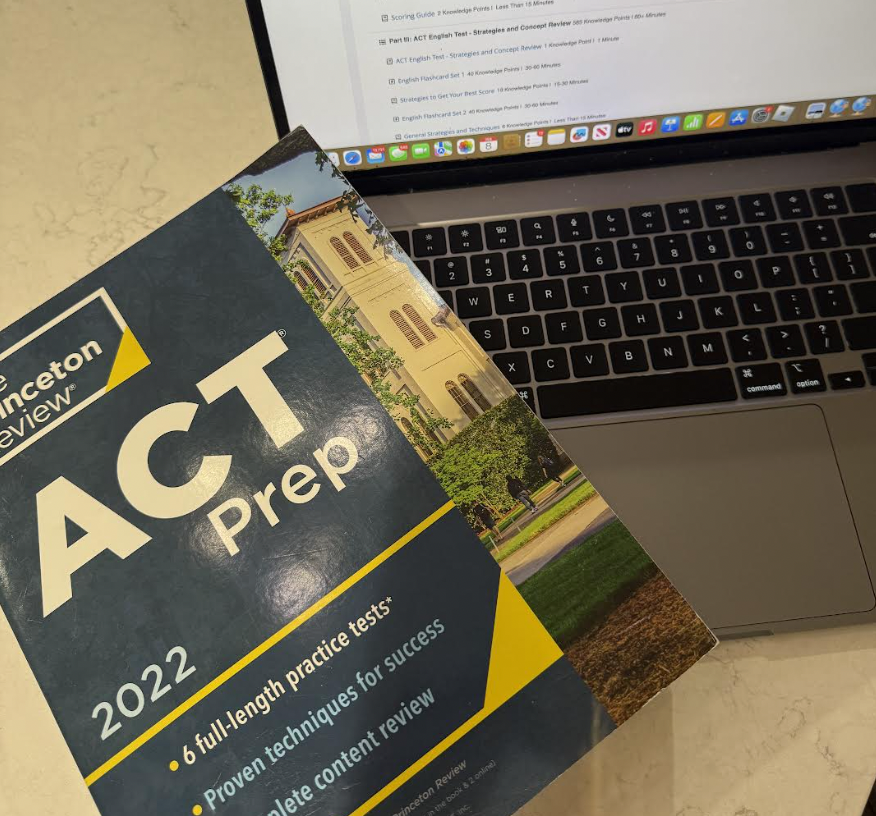The culture surrounding driving, like many modern things, has evolved significantly over the last few generations. But what specific trends are we seeing?
A survey given to Xavier upperclasswomen showed that 70% of girls received their license at the earliest possible date, while 21.5% responded that they got it within the following year. Meanwhile, 78.5% of XCP underclasswomen said that they planned to receive their licenses as soon as they turned 16.
While these may be interesting numbers, how do they compare to several decades ago?
Fine arts teacher Catherine Robbins ‘86 noted, “When I was a teenager, we all wanted to get our drivers licenses as soon as we possibly could. My guess is that 95% of us got our drivers licenses on or near our birthdays.”
Theology teacher Gina Iker ‘97 agreed that receiving a license when she was a teenager was considered extremely important. “Getting your license and driving was sort of a rite of passage,” Iker said.
According to the United States Department of Energy, in the 1980s, well over half of 15 to 19-year-olds received their licenses, but in 2010, only 45.3% did. More recently, in 2021, this percentage of 16 to 19-year-olds dropped to just under 40% according to Governing, an online newspaper.
So this prompts an important question: Why, today, are more teens waiting to get their licenses?
“I’ve been delaying getting my license mostly because of the testing aspect of it. I don’t want to fail and have to start all over again,” Valeria Rosas ‘27 explained.
Over the last decade, license tests have undergone significant changes. After transitioning the exam from paper to online, exam distributors increased the number of questions, raised the difficulty and started to encourage more real-world preparedness.
As Iker noted, “I’ve noticed with my own kids when taking the test that the questions have gotten way more trivial and specific. My guess is that they suspect everyone of cheating online.”
The road tests, it seems, have also become more complex. “For my license, I remember that the road test was just a drive around the parking lot and around the corner. I don’t think it was that big of a deal. For my kids, it’s a couple of hours’ ordeal driving all around town,” Iker added.
But this anxiety surrounding driving seems to go beyond the exams.
According to Lucciana Nunez ‘27, “I think more people see driving, as a whole, as intimidating. Especially when you’re young and a teenager. The whole idea of getting a license can seem kind of scary.”
It’s not just about passing tests. On the road, teens may face unpredictable traffic, distracted drivers and the pressure to make quick decisions. “I think there’s more anxiety these days around driving. There are many more aggressive and dangerous drivers on the road now than when I was young,” Robbins said.
So, then, how do teens get the help to feel more confident behind the wheel?
There may not be one simple solution to this. However, with ample encouragement of road safety and gradual practice, more teenagers may take that next step and get their licenses.
Because, ultimately, driving is a benefit, not a burden. For teens, obtaining a license opens up a whole new realm of possibilities and freedom.








